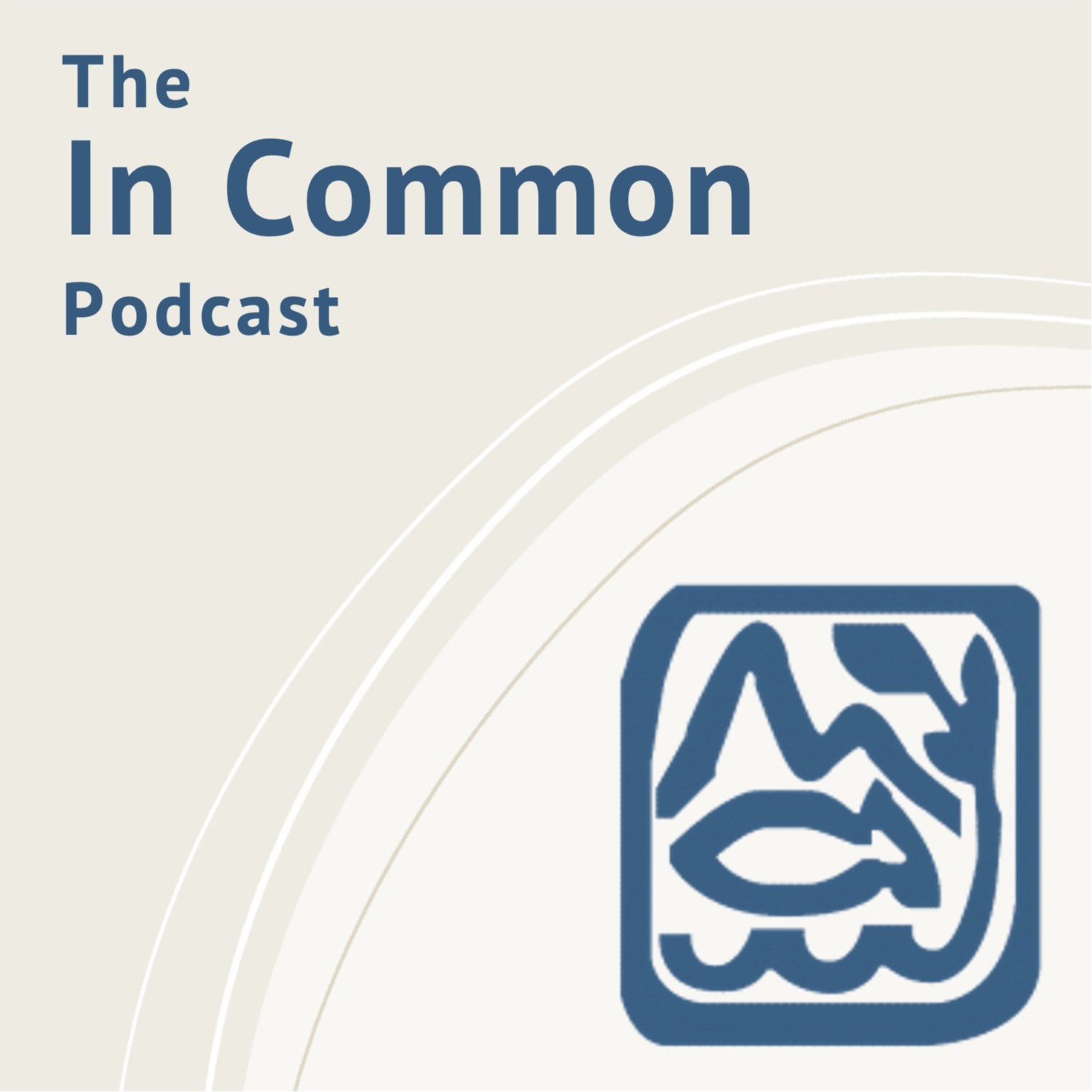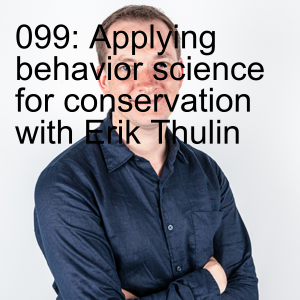
94.8K
Downloads
229
Episodes
In Common explores the connections between humans, their environment and each other through stories told by scholars and practitioners. In-depth interviews and methods webinars explore interdisciplinary and transdisciplinary work on commons governance, conservation and development, social-ecological resilience, and sustainability.
Episodes

Monday Jun 27, 2022
Monday Jun 27, 2022
In this episode, Michael speaks with Erik Thulin, Behavioral Science Director at Rare, an NGO dedicated to employing behavioral and social change for the benefit of the environment. Erik was a previous guest on this podcast during one of our episodes associated with a virtual conference of the international association for the study of the commons.
Erik talks to Michael about his role at Rare and several topics related to it. These included the relationship between applied conservation work and behavioral science and research in academia, the role and challenges of behaviorally-oriented policy panaceas, Erik's own findings on the importance of social influence in directing behavior, and the role that emotions play in behavior change.
Note: Erik mentions a program called “Make It Personal”. Since recording that program changed its name to Climate Culture.
Erik’s website: https://rare.org/person/erik-thulin/
References:
Brown, P. C., H. L. Roediger, and M. A. McDaniel. 2014. Make It Stick. Harvard University Press.
Heller, K., M. Berger, A. Gagern, A. Rakhimov, J. Thomas, and E. Thulin. 2021. Six behaviors policymakers should promote to mitigate climate change. Behavioral science & policy 7(2):63–73.
Henrich, J., R. Boyd, S. Bowles, C. Camerer, E. Fehr, H. Gintis, and R. McElreath. 2001. In Search of Homo Economicus: Behavioral Experiments in 15 Small-Scale Societies. The American economic review 91(2):73–78.
Henrich, J. 2015. The secret of our success: how culture is driving human evolution, domesticating our species, and making us smarter. Princeton University Press, Princeton, N.J.
Henrich, J. 2020. The WEIRDest People in the World: How the West Became Psychologically Peculiar and Particularly Prosperous. Farrar, Straus and Giroux.
Rakhimov, A., and E. Thulin. 2020, December. Knowing Behavior Matters Doesn’t Hurt: The Effect of Individual Climate Behavior Messaging on Green Policy Support. https://psyarxiv.com/hu24g/
Richerson, P. J., R. Boyd, and B. Paciotti. 2002. An evolutionary theory of commons management. Pages 403–442 in Elinor Ostrom, Thomas Dietz, Nives Dolšak, Paul C. Stern, Susan Stonich, Elke U. Weber, editors. The drama of the commons. The National Academies Press.
Thaler, R. H., and C. R. Sunstein. 2009. Nudge: Improving Decisions about Health, Wealth, and Happiness. Penguin.
Thulin, E., and A. Rakhimov. 2019, November. Helping the Climate Because Others Do: An Exploratory Analysis of the Psychological Predictors of Intention to Perform High Impact Pro-Environmental Behaviors. https://psyarxiv.com/kah7s/
Williamson, K., and E. Thulin. 2021. Leveraging emotion-behavior pathways to support environmental behavior change. https://psyarxiv.com/wtms9/
Thulin, E. 2020. Cooperative Behavior Adoption Guide: Applying Behavior-Centered Design to Solve Cooperative Dilemmas. Arlington, VA: Rare.

Comments (0)
To leave or reply to comments, please download free Podbean or
No Comments
To leave or reply to comments,
please download free Podbean App.